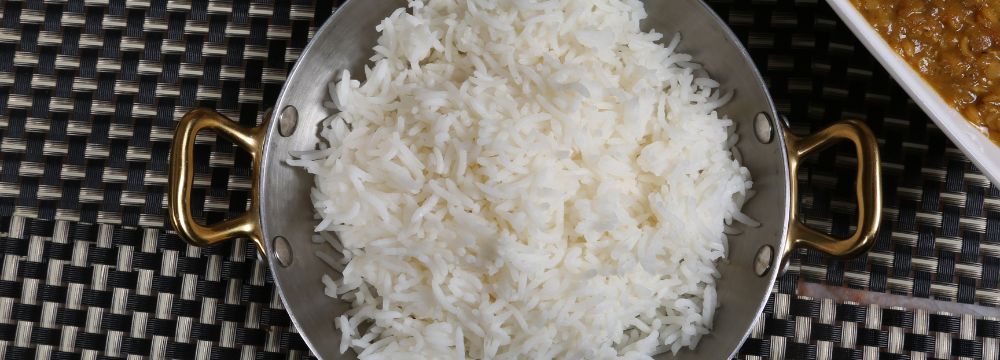After Bariatric Surgery

Weight loss plateaus are a dreaded, inevitable, and, of course, very frustrating part of the process. Just as it happens with dieting and exercise and even medical weight loss, weight loss plateaus tend to occur at various points following weight loss surgery. But why do they occur? Over the years, we have learned that the body regulates its weight using a concept known as a set point. This is a certain weight that the body believes to be normal. After years or a lifetime of excess weight or obesity, that set point may be higher than a normal BMI. The body corrects for this by slowing the metabolism when we try to drop below it.
Especially right after weight loss surgery, when you are losing weight rapidly, a weight loss plateau can be your body’s way of trying to stabilize and slow down the weight loss process. While challenging, patience is essential to stay on the right path – what to do? Here are a few suggestions:
Drink plenty of water. Especially after surgery and in warm weather, your body needs plenty of water. It is also a great way to avoid mistaking your thirst for hunger. This phenomenon is known as head hunger and can add hundreds of calories to your daily diet. Remember, however, that liquids should be sipped throughout the day, and you shouldn’t consume them within 45 minutes before or after a meal. While we have always preached 64 ounces of water, the actual number is probably higher, especially if you are working out or enjoying the warmer outdoors. It can be helpful to get a 64-ounce water bottle – It’s huge, we know! And sip it throughout the day until you finish in the evening.
Change up your activity/exercise. It helps to do something different because your body gets used to your activity level and needs to be challenged. Resistance training (weights) can be beneficial if you haven’t incorporated that into your fitness routine. It is important to ensure you are cleared for fitness, begin at your level, and then build on it. The last thing you want to do is overdo it and injure yourself, which can lead to weeks or months of recovery, during which time you may even gain some weight back.
Journal your intake. Keep track of what you consume (at least the total carbohydrates). We guide you through this after surgery and beyond to ensure your macronutrient intake is correctly aligned. It is also worth journaling your mood, especially on days when you may have a slip-up. You will find out quickly that your diet correlates to more than just your weight.
Check your meal timing. Ensure you have 2-3 meals daily instead of daily grazing. You would be amazed at the amount of food you can ingest when grazing throughout the day – even if you have had weight loss surgery – it adds up! While you are at it, try to avoid sliding foods. You can ingest these foods easily and quickly, but they also have a significant caloric value. In other words, if you have to chew it and chew it well, it’s more likely to keep you full longer. This includes lean proteins, green leafy vegetables, and whole fruits.
We hope these tips have been helpful. When in doubt, reach out to your bariatric surgeon for guidance. Our team is very adept at guiding you through these plateaus.









